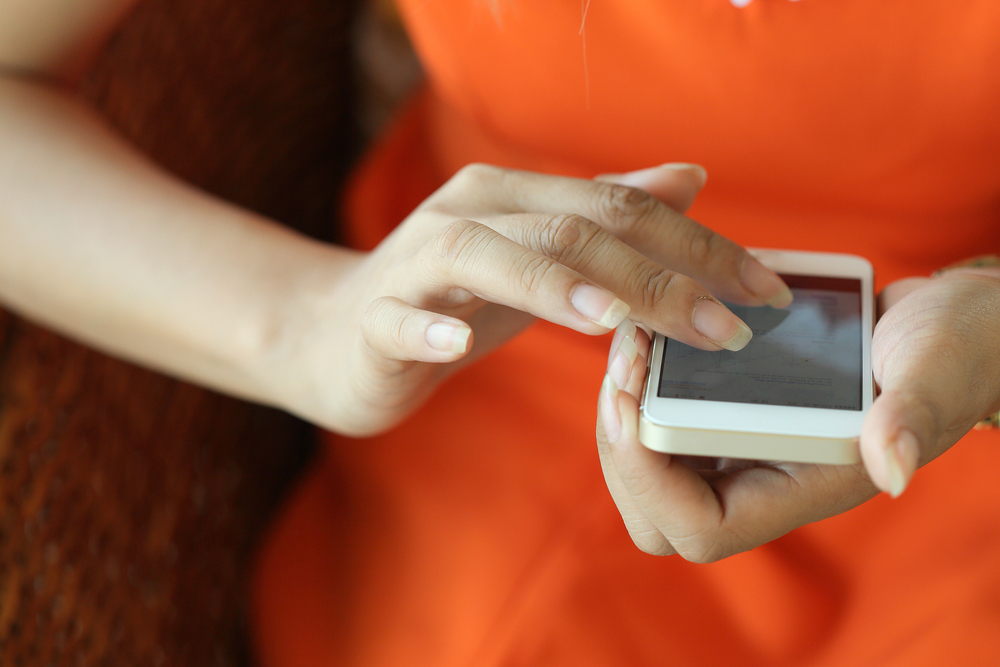Most women know that period trackers exist, but why do so many stick to a paper calendar (or no tracking method at all)? If you need any convincing that installing a period tracker is awesome, these reasons will make you want to raid the app store now.
1. You can predict the unpredictable.
Periods can be super irregular the first few years post-menarche (after your first period), so tracking these cycles is important. Keeping tabs on your patterns will allow you to visualize the stabilization of your natural cycle and find your unique rhythm. Once this happens, predictions become more accurate and your period will never come as a surprise. No more panties in the trash!
2. You can set reminders for yourself.
Fresh out of tampons the day your period arrives? We’ve all been there. Use a period tracker to set reminders to buy tampons, take your pill, change your ring/patch, or just warn yourself that PMS is coming.
3. You can manage mood swings.
Fighting with friends? Feeling more sensitive than usual? While hormonal changes throughout your cycle have may cause changes in mood like irritability and anxiety, a definitive link between mood and the menstrual cycle is still under study and debate.
However, the only way to know if your cycle impacts your mood is to track and determine if symptoms occur every month. Once you’re familiar with your personal symptoms, you’ll be more in control. Take a breather, go for a run, eat some chocolate or simply communicate that you’re not feeling 100%. You’ll feel better and your friends will appreciate it.
4. You can keep an eye on your skin.
Fluctuations of hormones during your cycle can increase acne and other skin issues. Everyone is different, but tracking will help you notice when you break out most during your cycle so you can prepare for it.
Wear a mask, use a salicylic acid cleanser, or practice extra diligence cleaning your face before bed to avoid unwanted acne.
5. You can know when ovulation occurs.
Many people, adults and teenagers alike, don’t know when they’re ovulating (i.e. most fertile, cramp-filled, and likely to have increase in vaginal discharge). As a refresher, ovulation is when one of your ovaries releases an egg. Since eggs can be fertilized for up to 24 hours and sperm can live inside your body for up to five days (depending on the health of the sperm), knowing your fertile window can be tricky. A tracker can help. This is super helpful when you’re trying to get pregnant. Remember, if you aren’t trying to have a baby it’s critical to always practice safe sex. That’s the only way to avoid STIs.
This post was sponsored by Clue. Download their amazing period tracker here.
Cover image courtesy of Shutterstock.




comments